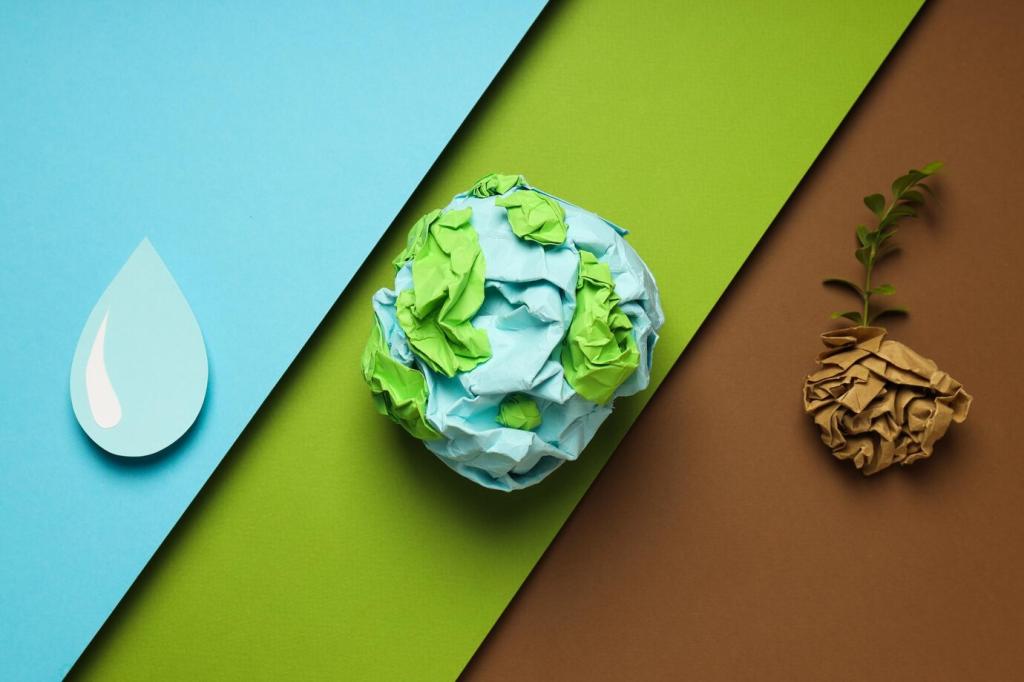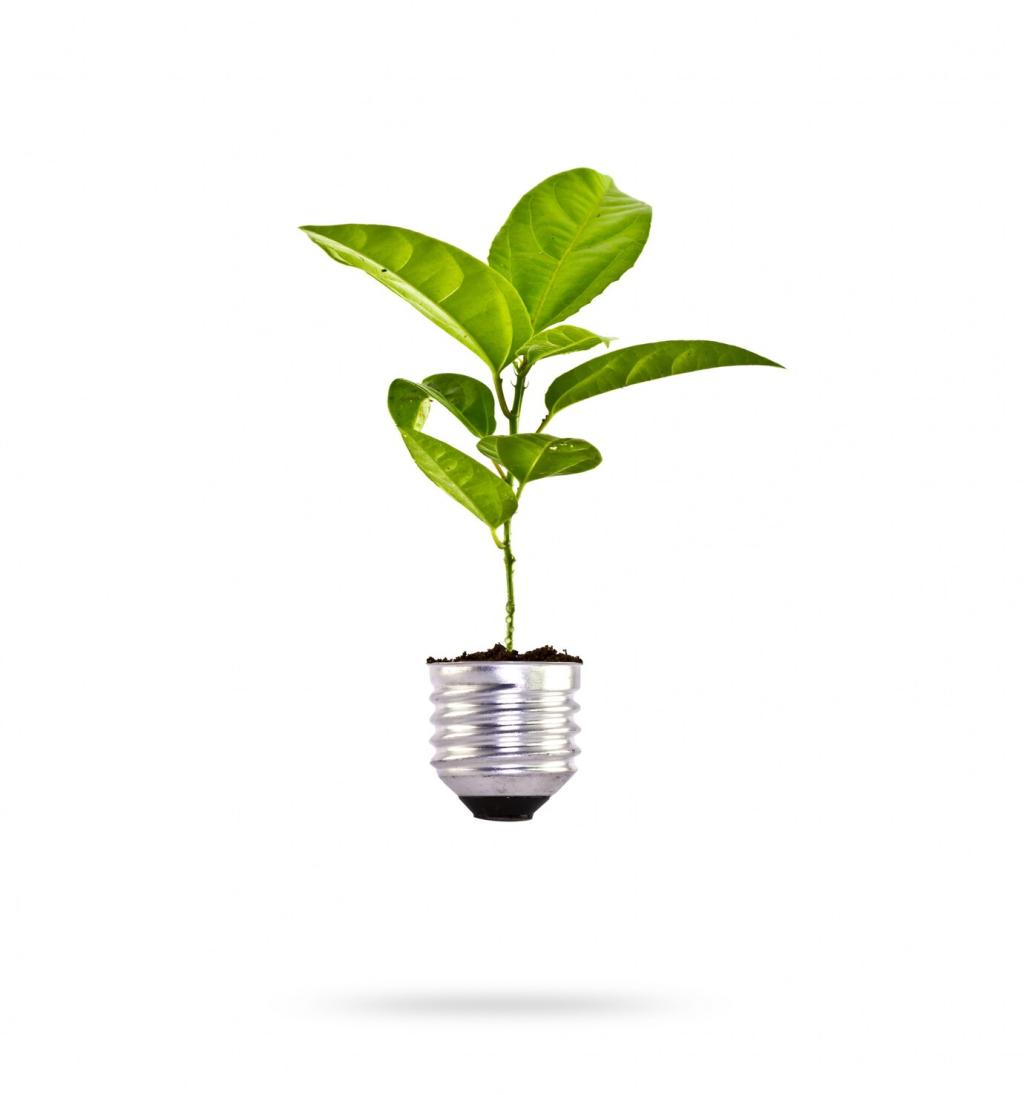Sustainable Bamboo Products: A Buying Guide
Understanding the Environmental Impact of Bamboo
Fast Growth Cycle and Renewability
One of bamboo’s key features is its incredibly fast growth rate. Certain species can grow up to three feet in a single day under optimal conditions. This rapid maturity means bamboo yields more usable material per acre and can be harvested every few years without depleting the crop or requiring replanting as traditional timber does. Its root system stabilizes soil and contributes to ecosystem health. For buyers, this means choosing bamboo products supports a resource that naturally renews itself and sequesters more carbon compared to slower-growing trees.


Low Chemical and Water Use in Cultivation
Unlike many commercial crops, bamboo typically requires little to no pesticides or fertilizers. Its natural resilience to pests and diseases, paired with tolerant growth in diverse climates and poor soils, minimizes environmental disruption. Furthermore, bamboo uses significantly less water than crops like cotton, making it a drought-tolerant alternative for fabric and paper production. When you select bamboo products, you are often choosing items that have a smaller ecological footprint from field to finish.

Manufacturing Methods and Product Integrity
The method used to transform raw bamboo into finished products greatly affects their strength and suitability. Items may be constructed from solid pieces, laminated boards, or bamboo fibers bound with adhesives. Each process impacts the end product’s structural integrity and environmental credentials. For example, solid bamboo items tend to be stronger and longer-lasting than those made with excessive glues or resins. Understanding manufacturing distinctions helps you select products that promise both performance and sustainability.
Resistance to Wear and Maintenance Needs
Bamboo products are often praised for their natural hardness and resistance to wear, particularly in applications like flooring and cutting boards. However, durability can vary between brands due to differences in treatment and finishing. Properly cured and finished bamboo withstands moisture, scratches, and daily wear. Buyers should also consider how to maintain their bamboo items—gentle cleaning and periodic oiling can extend lifespan, ensuring your purchase remains functional and attractive for years.

Evaluating Certifications and Trustworthy Brands
Quality bamboo products frequently carry certifications from recognized bodies that attest to their eco-friendliness and fair manufacturing practices. Certifications may cover aspects like organic cultivation, responsible forest management, or low-emission processing. Familiarizing yourself with reputable certifications and trusted brands empowers you to make informed purchases and avoid greenwashing. Good brands often invest in customer education and transparency, providing ample information about sourcing and production.
Popular Types of Bamboo Products to Consider
Kitchen and Household Essentials
Bamboo shines in the kitchen, where it is crafted into cutting boards, utensils, dinnerware, and storage containers. Its natural antimicrobial properties and durability make it a smart alternative to plastic or hardwood counterparts. Additionally, bamboo kitchen products are lightweight, easy to clean, and often exhibit elegant natural grain patterns. Choosing bamboo for your household essentials allows you to reduce reliance on non-renewable materials without sacrificing functionality or aesthetics.
Clothing, Textiles, and Personal Care Items
In the realm of textiles, bamboo fibers are transformed into soft, breathable fabrics for clothing, towels, socks, and bed linens. Bamboo fabric is celebrated for its moisture-wicking and hypoallergenic qualities, making it ideal for sensitive skin. Personal care products, such as toothbrushes and hairbrushes, often feature bamboo handles as a sustainable replacement for plastic. By incorporating bamboo textiles and accessories into your routine, you embrace comfort while minimizing environmental impact.
Furniture and Home Decor
Bamboo’s strength and visual appeal make it a favorite in furniture and home décor. From sleek chairs and tables to storage baskets and blinds, bamboo offers both rustic charm and contemporary style. Its flexibility allows for creative designs and supports minimalist or traditional interiors alike. Well-crafted bamboo furniture is lightweight yet sturdy and can complement a variety of spaces. Investing in bamboo home décor helps create eco-friendly living environments without compromising on comfort or design.

